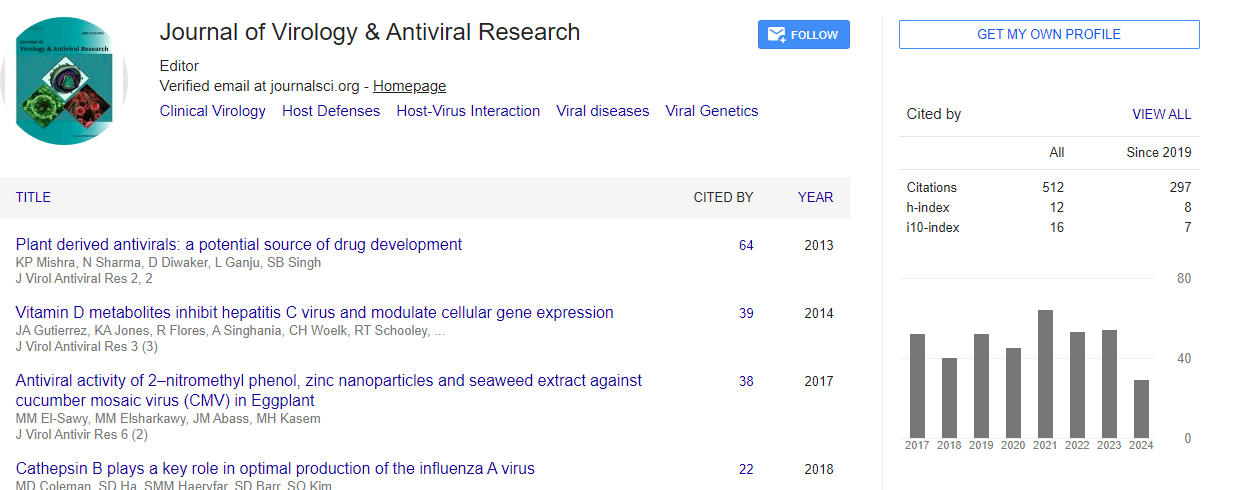Stimulated rhizoremediation of petroleum hydrocarbons in aged and spiked contaminated soil using compost, biochar and bacterial consortia
SohailYousaf, Fida Hussain, Gerhard Soja
Quaid-i-Azam University, Pakistan
AIT Austrian Institute of Technology GmbH, Austria
: J Virol Antivir Res
Abstract
Petroleum hydrocarbons are extensively utilized in petrochemical industries and cause soil deterioration during exploration, transportation, refining and making petroleum products. Toxicity to plants depends on the availability of contaminant. In aged contaminated soil total petroleum hydrocarbon are not available to plants, but suppress the plant growth by disrupting the physico-chemical characteristics of soil. The present study focused on phytoremediation of hydrocarbons in aged and spiked contaminated soil amended with biochar (5%), compost (5%).Both soils were inoculated with consortia of four hydrocarbon degrading bacterial strains (Pseudomonaspoae, Actinobacterbouvetii, Stenotrophomonasrhizosphere and Pseudomans japonica). Initial hydrocarbon concentration in aged soil was 37 g/kg and fresh soil was also spiked with same concentration. Italian ryegrass seeds (60/pot) were sown in both soils. The plants were harvested after 75 days. The highest hydrocarbon removal (85.1%) was observed in spiked soil amended with compost, biochar and consortia. Bacterial inoculation with biochar and compost showed significantly higher hydrocarbon degradation as compared to all other treatments. Hydrocarbon removal in spiked soil was higher than in aged soil. Highest TPH degrading bacteria (2.96×108 cells/g) were also observed in rhizosphere of spiked soil amended with compost, biochar and consortia. Maximum fresh and oven dry root and shoot biomass was produced in spiked soil as compared aged soil. The organic amendments improved plant growth and bacterial count which resulted in higher degradation of hydrocarbons.
 Spanish
Spanish  Chinese
Chinese  Russian
Russian  German
German  French
French  Japanese
Japanese  Portuguese
Portuguese  Hindi
Hindi 

